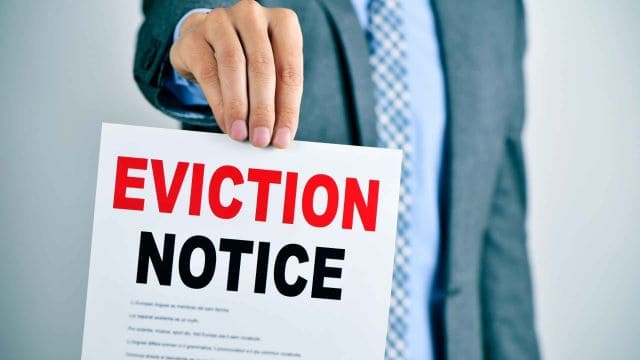Key Takeaways
- Hiring a property manager lets you enjoy the benefits of real estate while focusing on your career or other ventures.
- Property management fees vary, but they usually fall into categories like management, leasing, and maintenance.
- Understanding common fees helps you decide if professional management makes sense for your rental goals.
- Knowing what to expect makes it easier to choose a property manager who aligns with your investment plans.
Most people who invest in rental properties do it for one reason – to create multiple streams of income (add an extra source of income to their job, business, or other investments). Investors typically elect to hire a professional property manager to oversee the operations of their rentals.
Jackson Property Management has seen many owners take this route because it allows them to focus on their careers and other ventures while still enjoying the benefits of real estate. The alternative would be to give up property investing altogether or become a landlord.
But hiring a property manager comes with its own unique considerations. Professional property management costs money. These fees can amount to a substantial part of what an investor earns from their rental property.
Is hiring a professional property manager worth it? Will hiring one help make the rental property more profitable? To answer these questions, it is important to first determine how much a professional property manager costs and how those costs will impact the earnings from your rental property. With this information, you can make an informed decision when hiring a property manager for your rental property.
Common Fees
There is a fairly long list of fees that property managers can charge. But not all property managers will charge every fee listed in the list provided below. The list only serves as a guide to help you figure out the fees that a property manager might charge.

On the whole, property management fees can be divided into three main categories: property management, leasing, and ancillary fees. How each property management company defines these fees and the figures they attach to them will vary widely. But here is a breakdown of the usual fees under these three categories.
Initial Setup Fee
The property manager may ask you to pay this fee as the initial cost of setting up your account with them. The is a one-time fee that covers all the steps involved in incorporating your rental property into their systems and creating your landlord profile. The number and type of rental properties play a role in how much you will be asked to pay. Some firms don’t charge this fee, but may recoup that money by charging higher fees elsewhere.
Leasing Fee (Tenant Placement Fee)
This fee is for when the rental property does not have a tenant and the property manager is required to find a qualified renter for the home. This is a fee for all the work involved in finding a suitable tenant for the rental.
It covers the process of creating marketing materials (video, photos, and ad copy), listing the home on property sites, conducting a walkthrough of the home with prospective tenants, tenant screening, move-in inspection, lease preparation, and signing.
Property Management Fee
This ongoing fee is the actual property management fee. It is what the property management firm charges for its services. Always base this fee on collected rent, so if the rent is not paid, the property manager will not be paid.

Services covered by this fee often include rent collection, communication with tenants, utility coordination, enforcing the lease terms, emergency visits to the property, monthly accounting/financial reporting, year-end statements, and more. Each property management firm will have its unique way of structuring this fee.
Maintenance Fees
This is an add-on to the actual maintenance and repair costs for your property. This fee is for the time and effort a property manager invests to oversee maintenance and repairs in the rental.
Maintenance fees can be helpful in properties that require a lot of care, since the property manager must spend a lot of time managing technicians and tradespeople. But these fees can add up to a lot of money at the end of the year. Doing routine maintenance on the rental property is the best strategy to minimize maintenance fees.
Lease Renewal Fees
This fee covers the work of setting up tenants when they renew their lease. It covers the process of screening the tenant again to see if they still qualify, negotiating a new rent with the tenant, preparing and signing the lease. Ideally, if a property manager charges a lease renewal fee, you should expect it to be lower than the leasing fee.
Eviction fees
Evictions occupy a separate category from regular property management services. Eviction fees cover the cost of serving the tenant, filing court documents, and other administrative costs. The location of the rental property also plays a role in the fee amount.

Other fees
Other fees that you may encounter as you speak with different property management firms are annual property inspection fees, termination fees, and vacancy fees. A rule of thumb is to always ask the property manager if there are any other fees you should be aware of, and the conditions for their application.
Last Words
Understanding property management fees is an important step in deciding how to get the most out of your rental investment. Every company structures its fees differently, and knowing what to expect helps you choose the right fit for your goals.
Jackson Property Management takes pride in helping property owners understand these costs while showing how professional management can add real value to their rentals. If you are ready to take the next step or simply want to explore your options, reach out to Jackson Property Management today. Our team is here to answer your questions and help you make the most of your investment.
